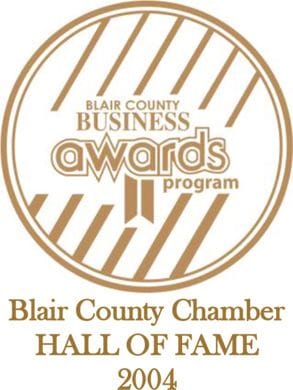The best professions are those that offer competitive compensation and rewarding or challenging job responsibilities. People who find their careers engaging are more likely to pursue advancements within their industry and to retire from the same profession that they begin as young adults.
Many well-compensated professions that require experience or education also necessitate state licensing. Professionals ranging from crane operators to medical professionals and accountants may require a state license to work in their chosen fields. These professionals must submit educational and employment records to state authorities and undergo a background check to get a license in their profession of choice.
Unfortunately, all of that investment could be at risk in mere moments if a licensed professional gets arrested. Even offenses that seem minor, like a technical driving under the influence (DUI) charge filed as a result of a traffic stop, not a collision, could cost a professional the licensing they require for their career. In many cases, fighting back against a DUI charge might be the best option for someone hoping to preserve their professional options after an arrest.
Background checks are a mandatory part of licensing
For workers in the dozens of professions subject to state licensing requirements, any criminal conviction could potentially affect their eligibility for a license. In certain professions, such as those who have a commercial driver’s license (CDL) because they work as long-haul truckers, the impact of a DUI is obvious. However, those who work in fields completely unrelated to transportation could also face licensing consequences after a DUI conviction. State licensing boards generally review continuing education records, internal documents, such as complaints made by members of the public and someone’s criminal record every time they apply for or renew a state license.
Even if someone chooses not to disclose their recent DUI conviction to the board that granted their professional license, the matter will likely come to light when the time comes to renew their license. Any significant criminal convention might result in a denied renewal or in a disciplinary hearing in front of the licensing authority.
The only sure way to eliminate those potential professional consequences is to fight charges successfully and avoid a criminal conviction. Licensing boards cannot penalize someone for a criminal charge but only for a conviction or guilty plea. Therefore, challenging evidence, questioning the validity of the traffic stop or otherwise fighting back against DUI charges may be the most effective solution for those who do not want a drunk driving arrest to permanently alter their professional opportunities.


